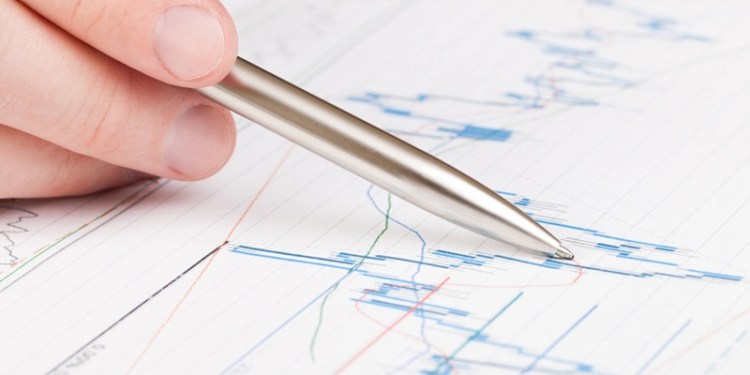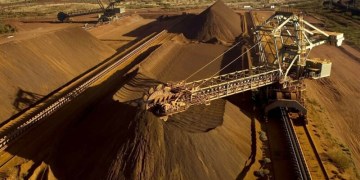
DOW
-1.26%
Add to/Remove from Watchlist
Add to Watchlist
Add Position
Position added successfully to:
Please name your holdings portfolio
Type:
BUY
SELL
Date:
Amount:
Price
Point Value:
Leverage:
1:1
1:10
1:25
1:50
1:100
1:200
1:400
1:500
1:1000
Commission:
Create New Watchlist
Create
Create a new holdings portfolio
Add
Create
+ Add another position
Close
SDRL
+3.92%
Add to/Remove from Watchlist
Add to Watchlist
Add Position
Position added successfully to:
Please name your holdings portfolio
Type:
BUY
SELL
Date:
Amount:
Price
Point Value:
Leverage:
1:1
1:10
1:25
1:50
1:100
1:200
1:400
1:500
1:1000
Commission:
Create New Watchlist
Create
Create a new holdings portfolio
Add
Create
+ Add another position
Close
Abebe Selassie, the IMF’s Director of the African Department, has rejected outright debt cancellation requests from African countries including Nigeria and Ghana. On Thursday, Selassie emphasized that around half of these debts are domestic, and suggested that country-specific discussions on debt rescheduling are needed instead. This viewpoint is supported by President Bola Tinubu’s government in Nigeria.
The IMF official highlighted the importance of managing inflation and promoting private investment and consumption in these countries. Over the past decade, the IMF has supplied roughly $80 billion in emergency funding and Special Drawing Rights (SDR) allocations to African nations. By September 2023, Nigeria had received an SDR of 2147.69 million.
Selassie’s statements were made amid growing demands for debt cancellation from the G24 countries during the IMF/World Bank meeting in Marrakesh. Wale Edun, Nigeria’s Minister of Finance, who supports this call, has also expressed concerns over China’s unfavorable loan conditions and urged G20 members to end export restrictions on fertilizer and grains.
In a Bloomberg Television interview at the annual meetings of the IMF and the World Bank held in Marrakech, Morocco, Selassie disclosed that about eight African nations are currently facing a severe funding squeeze and require international assistance for debt restructuring. He noted that despite various economic scenarios across sub-Saharan Africa, seven to eight countries are dealing with unsustainable debt levels that require restructuring.
Investors remain watchful of other heavily indebted African nations like Kenya, Angola, Malawi, and Mozambique. Despite a projected slowdown in sub-Saharan Africa’s growth to 3.3% this year from 4% in 2022 due to soaring inflation, aggressive interest-rate increases worldwide, rising debt-service costs, and weakening currencies, Selassie expressed optimism about an imminent deal between Zambia and its creditors. The IMF anticipates a rebound for Africa’s struggling economies and is actively working to mobilize more resources and support policies for a dynamic recovery.
By June 2023, Nigeria’s total debt stock had surged to N87 trillion, according to the DMO. This marks a significant rise from Q1 2022, when Nigeria’s total public debt stock was over N41 trillion.
This article was generated with the support of AI and reviewed by an editor. For more information see our T&C.
Source: Investing.com





























